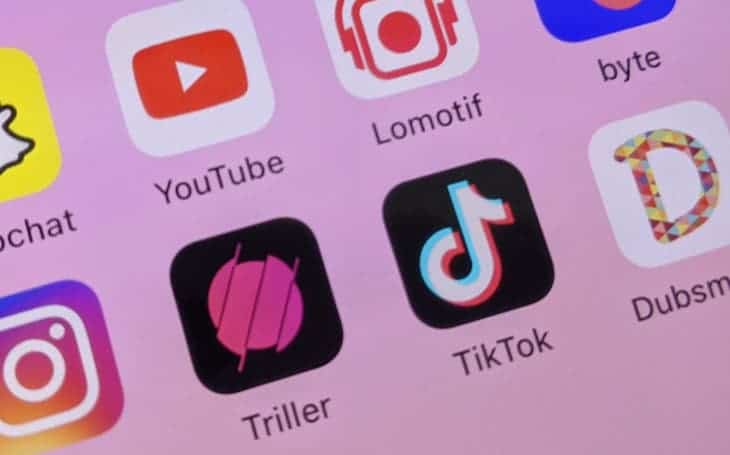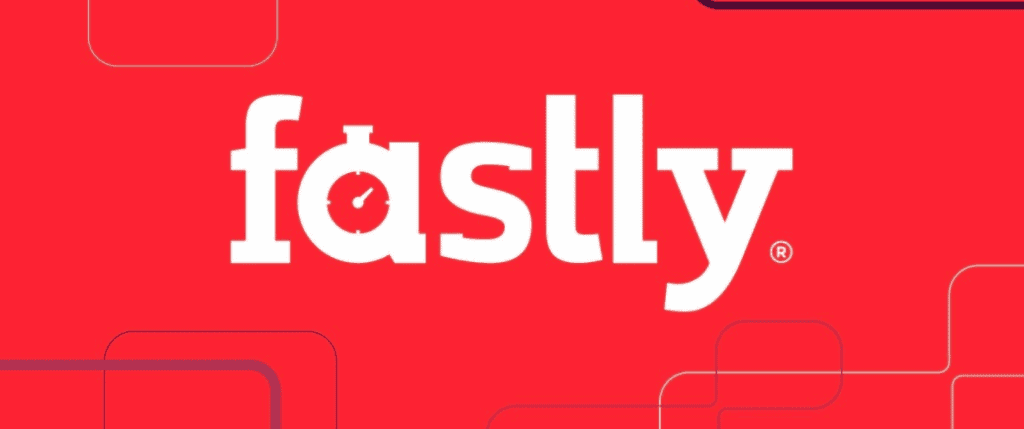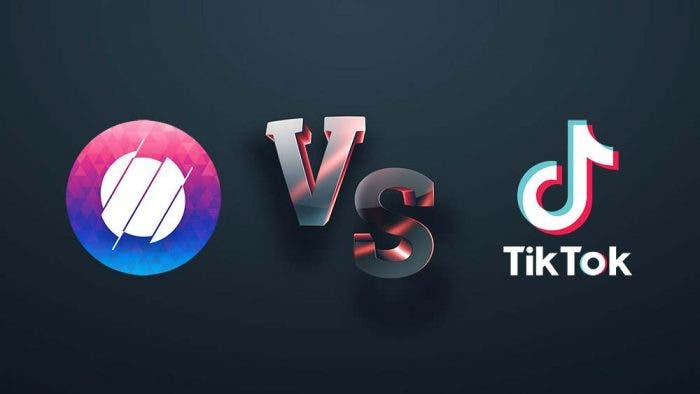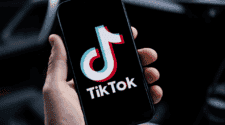According to reports, TikTok and its parent company ByteDance filed a lawsuit against rival Triller, over patent issues. Previously, Triller accused TikTok of using its technology without permission. The case filed in the San Francisco Federal Court on Wednesday is ByteDance’s response to Triller. At the end of July, Triller filed a patent infringement lawsuit against ByteDance in Texas. However, spokespersons for Triller and Bytedance did not immediately respond to requests for comment.

Bytedance also stated in the indictment that Triller’s allegations against it have “cast a shadow” on Bytedance’s business. The Chinese company hopes to seek an order from the court that the company, its products, and users have not infringed Triller’s patents. Also, it claims that it does not need to bear damages or injunctive relief.
The patent was published in June 2017 and transferred to Mibblio, a Brooklyn-based company. The patent covers a system and method for creating music videos synchronized with audio tracks. Triller stated in its complaint filed in Texas that the company owns the patent. However, Bytedance claims that TikTok did not use the steps in the patent.
ByteDance expunged most of TikTok’s traffic from Fastly Network
ByteDance has withdrawn most of TikTok’s traffic from its content distribution service (Fastly network). This move shows that the US suppression is forcing ByteDance to change its operations. The content distribution network operated by Fastly can quickly push data on the Internet to help consumers shop online or watch videos on apps and websites.

Furthermore, ByteDance uses the Fastly service to distribute videos on the TikTok application and is Fastly’s largest customer. Fastly said on Wednesday that Bytedance had removed most of the U.S. and non-U.S. traffic from its platform. “We believe that Bytedance’s move is intended to deal with the possibility that the United States may prohibit the company from working with American companies “
Another move by ByteDance in order to avoid the U.S. ban was to separate its server from ByteDance. Roland Cloutier (TikTok’s CSO) said that on the software end, TikTok is “entirely separate” from Douyin. This means that they both have a separate maintenance schedule of their source codes.
Furthermore, Cloutier said that the government incorrectly described how TikTok stores American user data. The business memorandum claims that TikTok lease servers from Alibaba Cloud in Singapore and China Unicom Americas (CUA) in the United States, which constituted a “significant risk”. According to TikTok, this is not the case.




